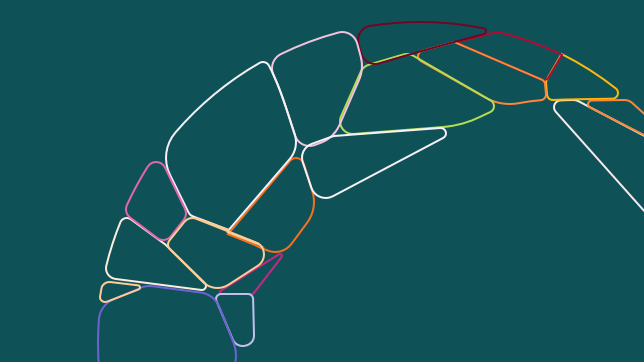Development of computational models for early detection of cancer lesions and progression to metastatic disease can help discriminate between high and low cancer risk profiles. Therefore, we seek to exploit diverse, high-throughput genomic and clinical data to understand the molecular networks underlying fundamental cellular processes that can eventually stratify patients by non-traditional underpinnings, including transcriptional regulation, epigenetic signaling, and chemosensitivity. Our algorithmic methods draw on machine learning, a computational field concerned with learning accurate, predictive models from noisy and high-dimensional data.
Another area of research includes developing standardized methods and measures to integrate drug toxicity, quality of life, and efficacy measures for breast cancer patients. We are building infrastructure and tools to support patient-reported outcomes collection and downstream analysis and visualization.









